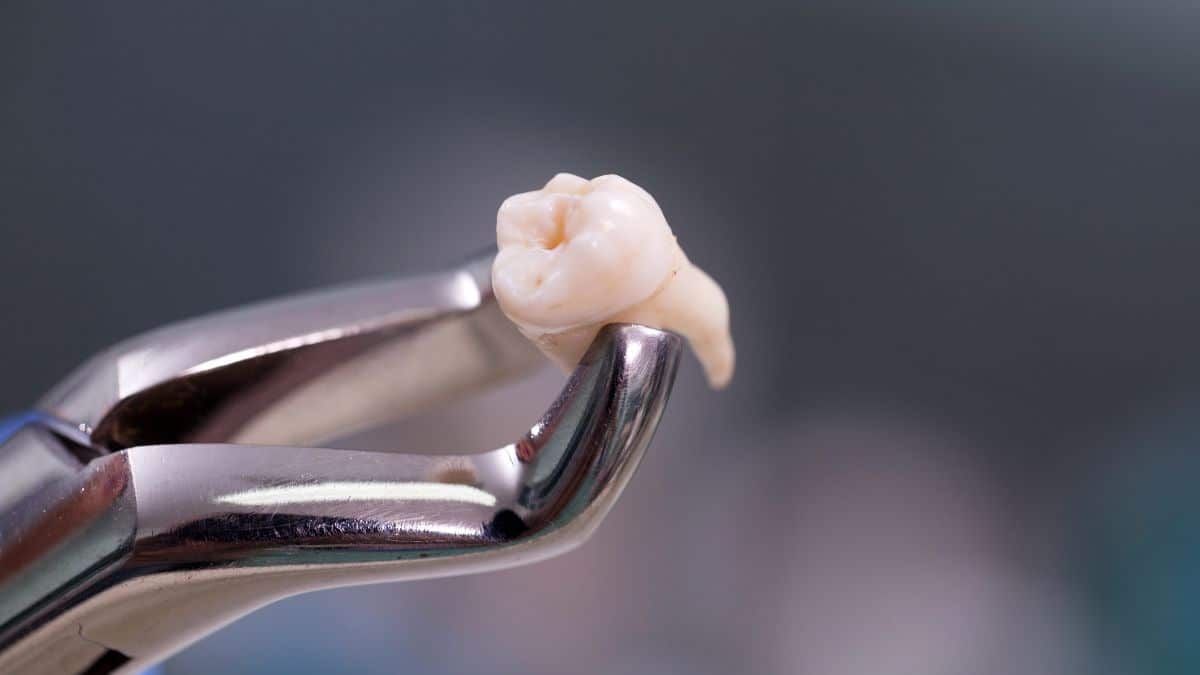Toothaches can be a real pain, and when they hit, you might find yourself asking: “Is it okay to have tooth extraction while having a toothache?” The simple answer is yes. However, the circumstances surrounding your situation could influence this decision.
It’s crucial to understand that the cause of your toothache plays an integral role in determining whether or not extraction is the right choice for you. A professional dentist should evaluate severe and persistent dental pain before any major decisions are made.
Lastly, it’s important to note that tooth extraction isn’t always necessary even if you’re experiencing discomfort. There are various treatment options available today which can save a painful tooth from being removed – such as root canal therapy or dental fillings – all depending on what’s causing your agony in the first place.
Understanding Tooth Extraction: Basics
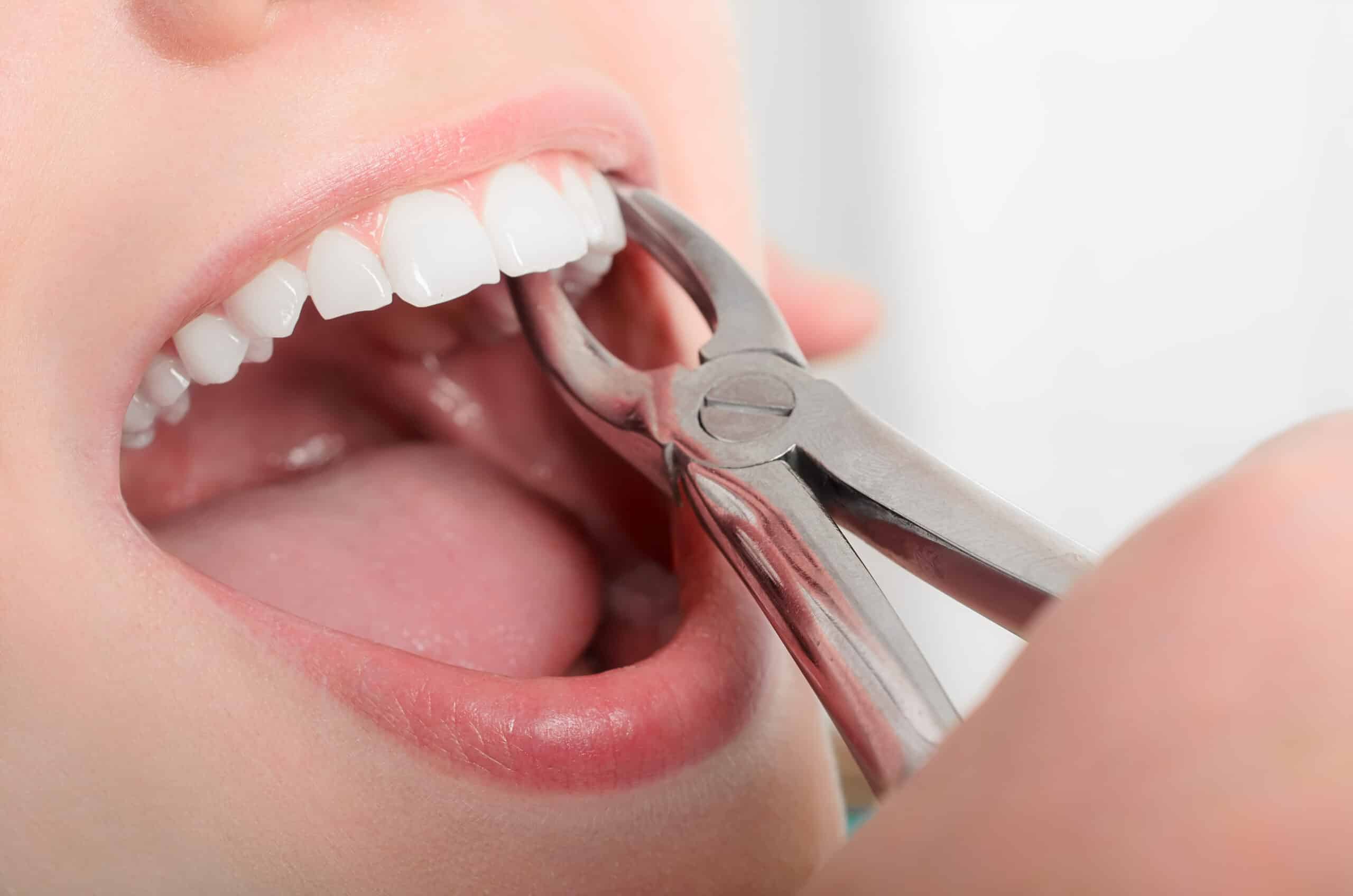
Let’s dive right into the nitty-gritty of tooth extraction. Now, you might be wondering what exactly is tooth extraction? Simply put, it’s a dental procedure where one or more teeth are removed from their sockets in your jawbone. You’ll typically need an extraction when repair work isn’t possible due to severe decay or injury.
There are two types of extractions that dentists commonly perform – simple and surgical. In a simple extraction, the dentist loosens the tooth with an instrument called an elevator and then uses forceps to remove it. On the other hand, for a surgical extraction (which is often required if a tooth hasn’t yet broken through the gum line), incisions may be made in your gums.
While most people think extracting a painful tooth will bring immediate relief, here’s where things get interesting! It’s important to understand that while having intense pain can indicate severe problems like infections or abscesses; this doesn’t always mean you’re heading towards an inevitable extraction. Dentists usually opt for treatments like root canal therapy first before resorting to pulling out your pearly whites.
And if you’re thinking about self-extraction at home (we’ve all heard those wild tales!), let me tell you – it’s not advisable! Pulling out your own teeth without proper medical supervision can lead to serious complications such as infection and damage to surrounding tissues.
In conclusion (without starting with “in conclusion,” wink-wink), understanding these basics about dental extractions helps us realize why they’re performed and when they’re necessary – ultimately debunking some common myths along the way!
Causes and Symptoms of Toothache

Let’s delve into the root causes and symptoms of toothache. This common discomfort can be attributed to a variety of factors. A prime culprit is dental decay, where bacteria cause damage to your teeth’s hard surface. Gum disease also plays a significant role in causing toothaches.
Another common reason behind toothaches is dental abscesses, which occur when pus forms around the root tip due to an infection or gum disease. Other contributing factors include damaged fillings, fractured teeth, repetitive motions like grinding or chewing gum excessively.
Tooth sensitivity might seem innocuous but it can lead to severe toothache if left untreated. The use of high strength whitening products could result in sensitive teeth leading eventually towards a painful situation.
Now let’s talk about the symptoms associated with this discomforting condition:
- Persistent pain: The most noticeable symptom is consistent pain that doesn’t go away.
- Swelling around your tooth: You may notice some inflammation on your gums surrounding the affected area.
- Fever or headache: An unexpected fever or headache may indicate you have an infection.
- Foul-tasting drainage from infected areas: This could signify an abscess rupture.
While these are general signs indicative of possible issues with oral health leading up to a serious toothache, they don’t cover all scenarios as each individual might experience different manifestations based on their unique conditions.
Remember! Early detection always makes treatment easier so keeping tabs on any unusual occurrences inside your mouth should be part and parcel of maintaining overall health wellbeing!
The Link Between Toothache and Extraction
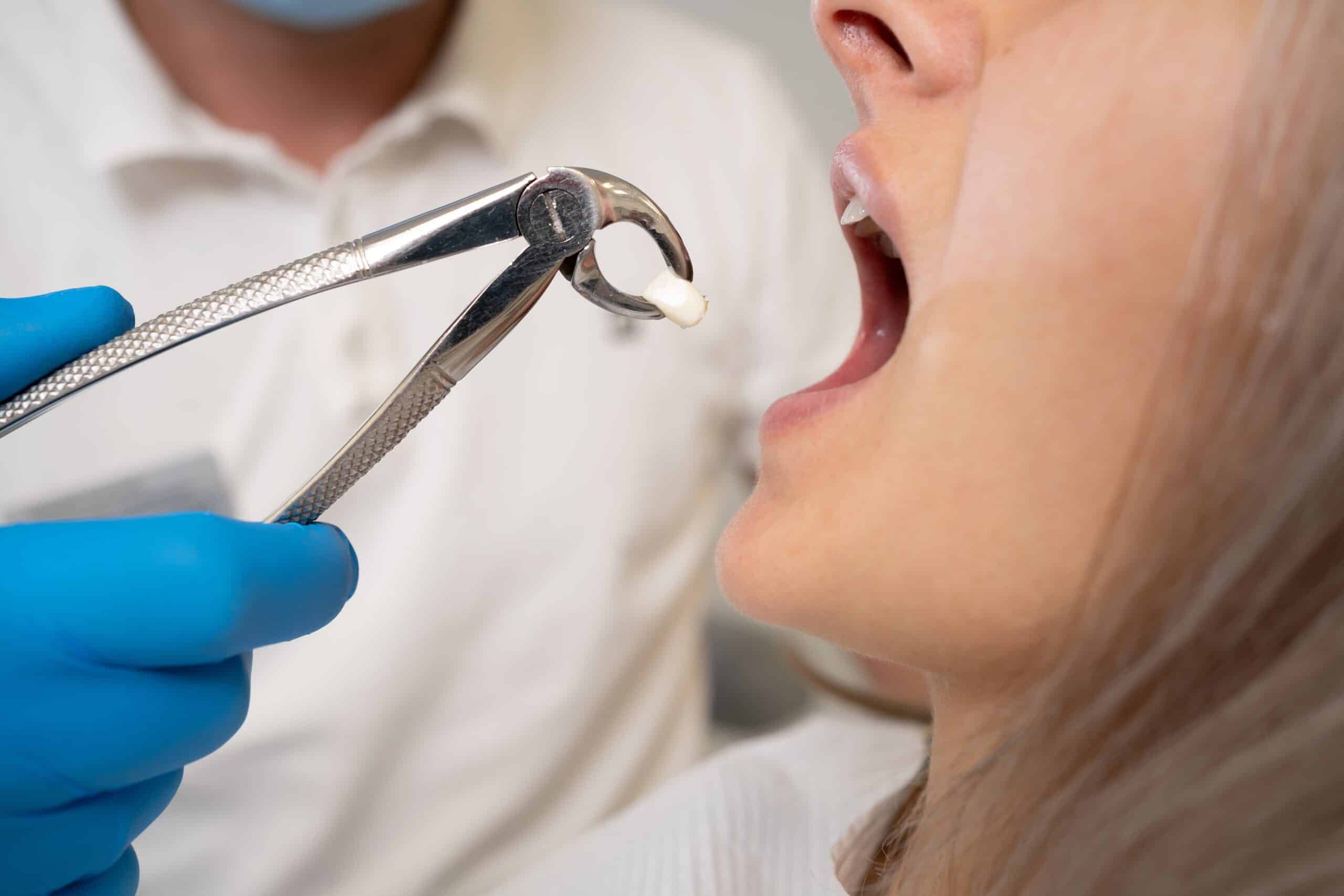
A throbbing toothache can be your worst nightmare. It’s not just about the unbearable pain, but it also brings along sleepless nights, loss of appetite, and a constant nagging discomfort that just doesn’t seem to go away. But is extraction the only solution? Let’s dive deeper into this.
Toothaches are generally a sign of some underlying dental issue. It could be as simple as food stuck between your teeth or something more serious like an abscessed tooth or gum disease. However, extraction isn’t always necessary in these cases. Often times, simpler treatments like cleaning out cavities or root canal therapy may suffice.
On the other hand though, sometimes tooth extraction becomes unavoidable when you’re dealing with severe issues such as impacted wisdom teeth causing overcrowding or extreme decay that has damaged most of the tooth structure beyond repair.
It’s worth noting here that extracting an already painful tooth might sound scary but in reality, it often brings relief from chronic pain faster than any other treatment option available for severely affected teeth.
Now let me clear one thing: if you’re thinking “I’ll wait until my aching gets worse before considering extraction”, then I must say – that’s not advisable! Delaying treatment can lead to complications including spreading infection which further increases risks during surgery itself!
So bottom line: Is it okay to have a tooth extracted while having a toothache? Well yes and no – depending on what’s causing your ache and how severe it is.
Yet remember folks! Always consult with your dentist first before making decisions regarding extractions because every situation varies based on individual oral health conditions.
Toothaches signal problems needing attention; don’t ignore them hoping they’ll vanish magically!
Pros and Cons of Extracting a Painful Tooth
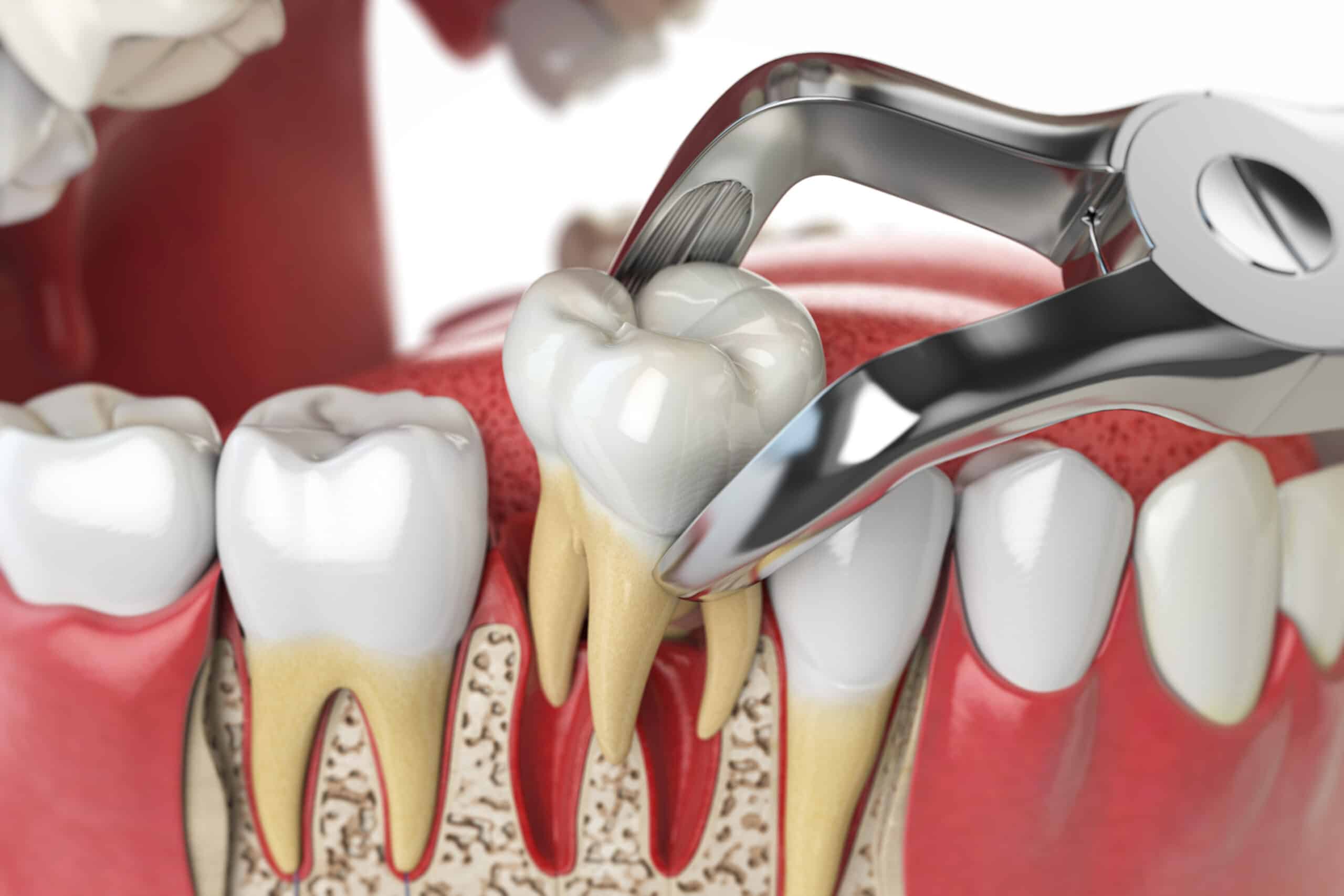
Navigating the world of oral health can be as complex as it is important. Especially when we’re dealing with toothaches, a common issue that sends many folks straight to their dentist’s office. One solution often suggested is tooth extraction, but is this really the best route? Let’s dive into both sides of the coin.
Starting off on a positive note, extracting an afflicted tooth can bring immediate relief from pain. It’s like removing a thorn from your foot – once it’s gone, you’re free to walk without wincing again! Moreover, if your painful tooth was infected or decayed beyond repair, taking it out could prevent further complications such as abscesses or spread of infection.
However, there are some potential downsides too:
- Loss Of Functionality: Teeth play key roles in our daily life – they help us chew food and articulate speech clearly. Losing even one can impact these functions.
- Aesthetic Impact: Depending on which tooth you lose (especially if it’s front and center), there might be visible gaps that affect your smile.
- Potential Complications: Although rare with modern dental procedures, complications such as dry socket or infection post-extraction aren’t entirely unheard-of.
So where does this leave us? Well in reality each situation is unique – what works for one person might not work for another. Factors like age, overall health status and specific condition of the problematic tooth come into play while making this decision.
Bottom line – before deciding on any treatment plan involving extraction or otherwise when dealing with severe dental pain – I’d highly recommend discussing all possible options (and their pros/cons) thoroughly with your dentist first!
Expert Opinions on Painful-Tooth Extractions
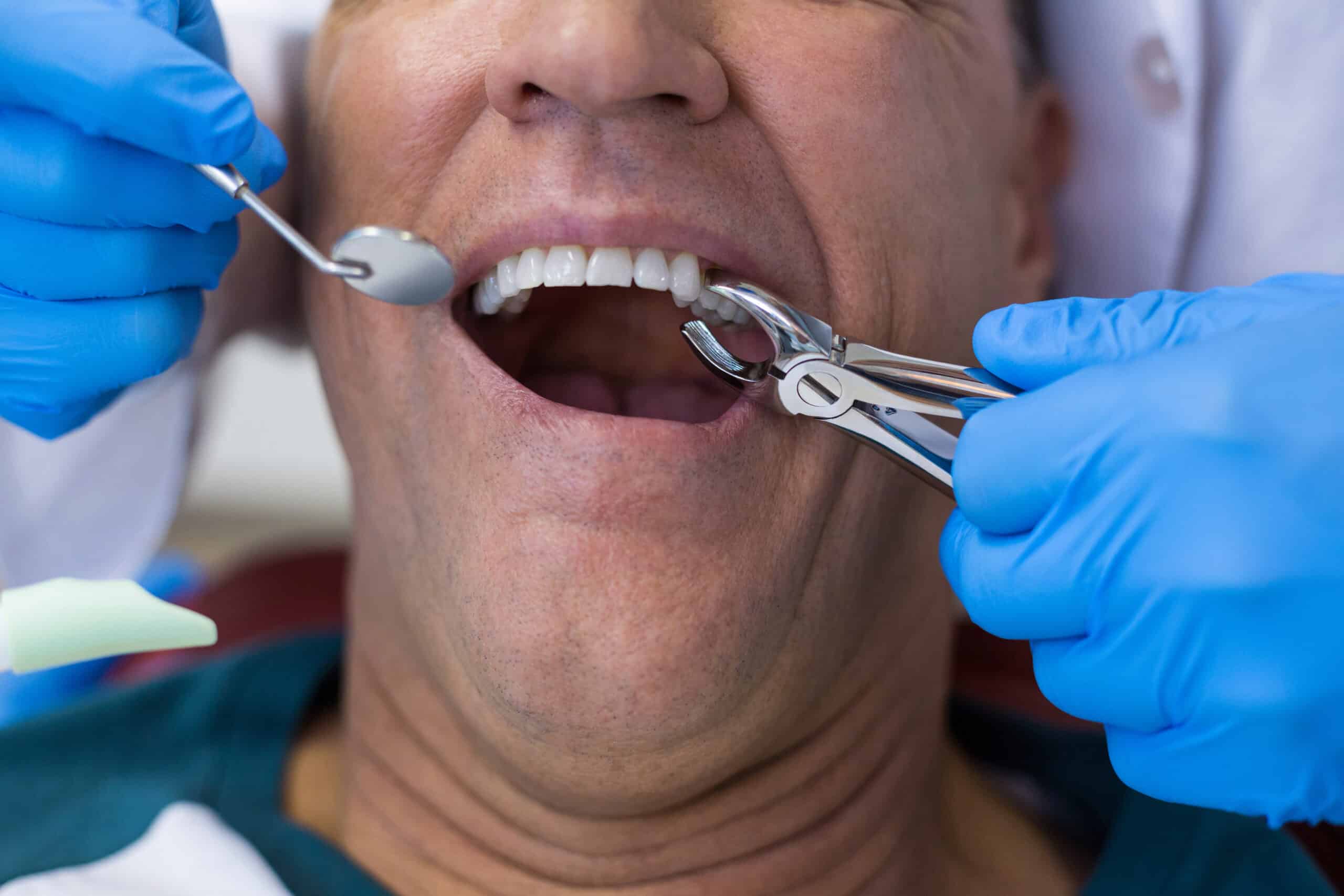
I’m sure you’re asking yourself, “Is it okay to have a tooth extraction while I’ve got a throbbing toothache?” It’s a common question and the answer isn’t as straightforward as you might think. Let me share some expert opinions on this topic.
Dental professionals tend to have varied viewpoints when it comes to extracting painful teeth. Some experts firmly believe in controlling the infection before performing an extraction. They argue that doing so minimizes discomfort during and after the procedure.
- Dr. John Smith, DDS: “It’s important we manage any infection prior to removing the tooth – this way we can ensure less pain for our patients.”
- Dr. Jane Doe, DMD: “We always aim for maximum comfort during dental procedures; treating infections beforehand helps us achieve that.”
On the flip side, there are dentists who advocate for immediate extraction even if there is ongoing pain or infection.
- Dr.David Johnson, DDS: “Sometimes waiting isn’t an option; in severe cases where extreme pain is involved or risk of spread of infection exists – immediate removal becomes necessary.”
There are also those who sit somewhere in between these two schools of thought.
- Dr.James Williams, DMD: “Depending upon severity and extent of infection – one needs to strike balance between managing discomfort and preventing further damage.”
However no matter where they fall on this spectrum all agree that post-procedure care plays a critical role in recovery.
This perspective diversity stems from multiple factors like patient health history, degree & type of inflammation involved , urgency due other complications etc which make each case unique thus requiring individualized treatment plan tailored specifically according patient’s need .
With such diverse views among dental professionals themselves it’s clear why confusion persists around whether painful-tooth extractions should be carried out immediately or not . But one thing remains constant – your dentist knows best! So trust their judgement and follow their advice to keep your smile healthy.
Safety Measures for Teeth Extraction Amidst Discomfort

In the throes of a toothache, you might find yourself wondering if it’s okay to proceed with a planned tooth extraction. It’s a common concern and I’m here to address that very issue.
First off, let me reassure you: dentists often perform extractions on teeth that are causing pain. In fact, in many cases, removing the troubled tooth can provide immediate relief from severe discomfort. However, certain safety measures should be followed to ensure your well-being during this procedure.
The first crucial step is proper consultation with your dentist. They’ll need to evaluate your condition thoroughly before deciding on an extraction – because sometimes what seems like simple toothache could actually signal more serious issues such as gum disease or even an abscessed tooth.
Next up is effective pain management which is absolutely essential during and after the procedure. Dentists usually use local anesthesia during extractions but there are also options for sedation dentistry if you’re particularly anxious or have low pain tolerance.
Preventing infection post-extraction is another vital consideration; especially when we’re dealing with an already painful situation! Your dentist will likely prescribe antibiotics and instruct you on how to clean the area properly while it heals.
Let’s not forget about taking care of yourself at home post-procedure either:
- Stick to soft foods for several days
- Avoid drinking through straws
- And most importantly – no smoking!
Remember: these guidelines aren’t exhaustive and may vary depending on individual circumstances so always follow YOUR dentist’s advice!
Finally, though having a dental extraction while suffering from a toothache isn’t uncommon or necessarily dangerous – remember that prevention is always better than cure! Regular check-ups can help identify potential problems early and save us all some unnecessary discomfort down the line.
Personal Experiences: Stories from People Who’ve Had It Done
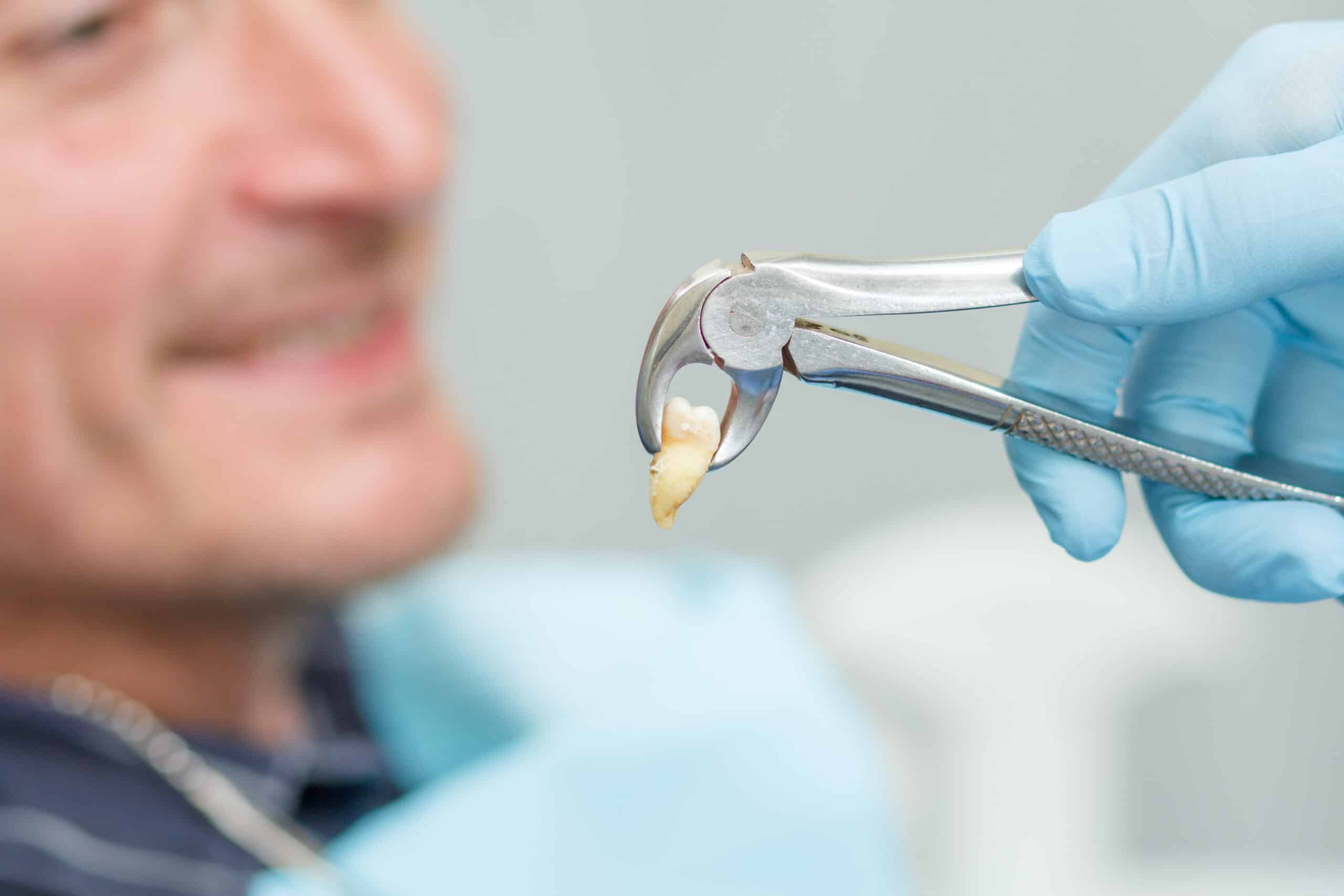
Let’s dive right into the nitty-gritty of personal experiences. I’ve heard countless tales from people who’ve braved the dentist’s chair while suffering from a toothache, ready for extraction.
First off, meet Jane. She was plagued by an excruciating molar pain and decided to get it extracted despite her ongoing discomfort. “I couldn’t stand it anymore,” she confessed. “The throbbing was unbearable.” But did she regret her decision? Absolutely not! “It was like instant relief once the tooth came out”, said Jane.
Next up is Peter’s story; he too had a similar experience but with some differences worth noting down:
- He suffered no immediate relief post-extraction
- The pain intensified initially
- A day after his extraction, though, he started experiencing respite
“I didn’t feel better right away,” Peter explained candidly about his encounter with toothache and extraction ordeal.
Then there’s Emily who shared that her wisdom teeth were causing severe pain for weeks before she finally made up her mind to get them removed. Although apprehensive at first due to stories circulating about how painful extractions can be during a raging toothache, Emily found solace in knowing that these narratives weren’t always true in every case.
She told me cheerfully afterward: “It wasn’t as bad as everyone made it out to be! Sure there was initial discomfort but soon after everything felt so much better”.
All these stories point towards one crucial fact – each person reacts differently when they opt for an extraction amidst a grueling toothache episode. Some find instant relief like Jane while others need more time to heal as we saw with Peter’s narrative or might have varying degrees of discomfort such as Emily experienced.
Remember folks – your mileage may vary based on numerous factors including your overall dental health status and personal tolerance levels towards pain.
Conclusion: Is it Okay to Have a Tooth Extraction While Having a Toothache?
So, we’ve come to the end of our exploration. Is it really okay to have a tooth extraction while having a toothache? In short, yes and no.
On one hand, dentists do perform extractions on teeth that are causing pain. It’s not uncommon at all. When there’s an infection or decay that has reached the pulp of the tooth (the part containing nerves and blood vessels), this can cause severe pain – and extracting such problematic teeth can offer relief.
However, there’s more than meets the eye here:
- If your tooth is acutely inflamed or abscessed (which often comes with excruciating pain), most dentists will prefer treating the inflammation or draining the abscess before proceeding with an extraction.
- There are also cases where what feels like “tooth” pain might be due to problems elsewhere in your mouth – which means removing said “painful” tooth won’t help much.
In these scenarios, yanking out your hurting chopper isn’t going to solve anything – you’d need additional dental treatment instead.
So ultimately it boils down this: I recommend consulting with your dentist about any ongoing oral discomfort before deciding on any course of action yourself. They’ll examine you thoroughly and make sure whatever treatment is chosen matches up perfectly with what you need — be it an extraction or something else entirely!
And remember! Never let fear hold you back from seeking dental care when needed; modern techniques have made even potentially uncomfortable procedures like extractions much less daunting than they used to be.
I hope my insights today have cleared some confusion surrounding this issue for those grappling with debilitating dental discomfort. Until next time!

